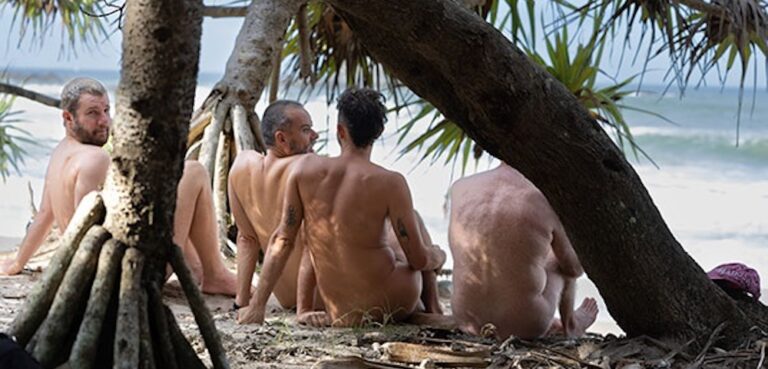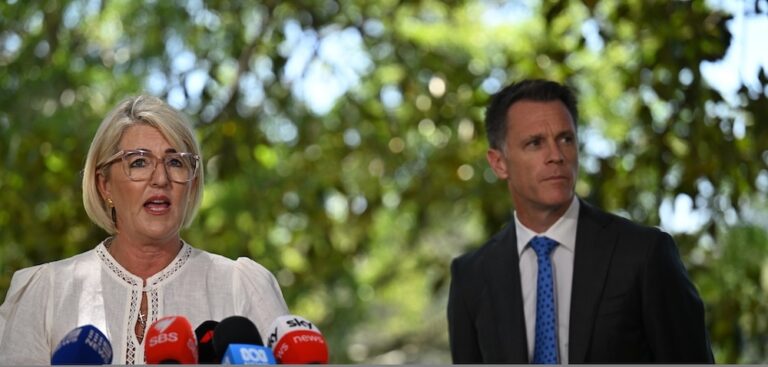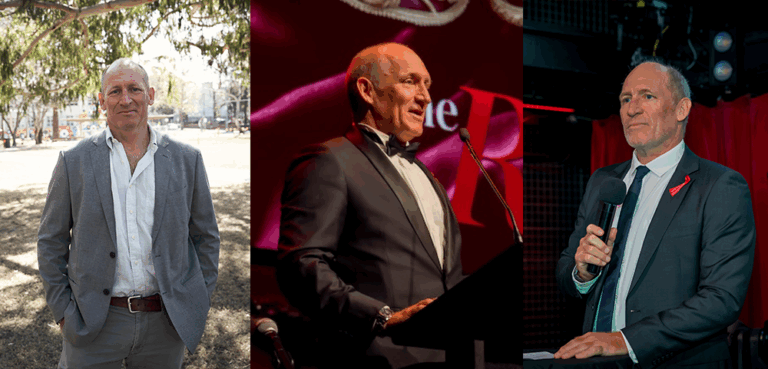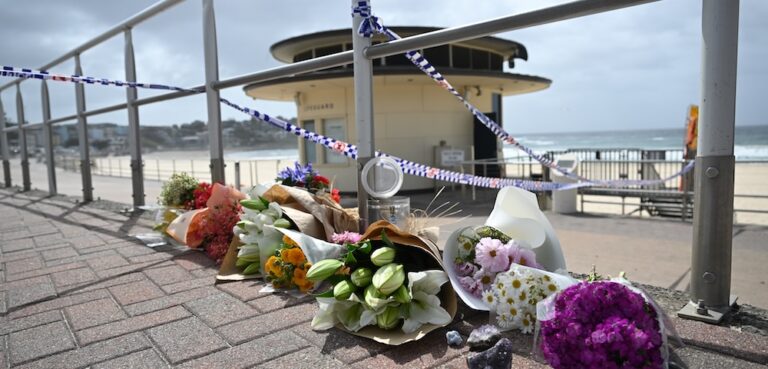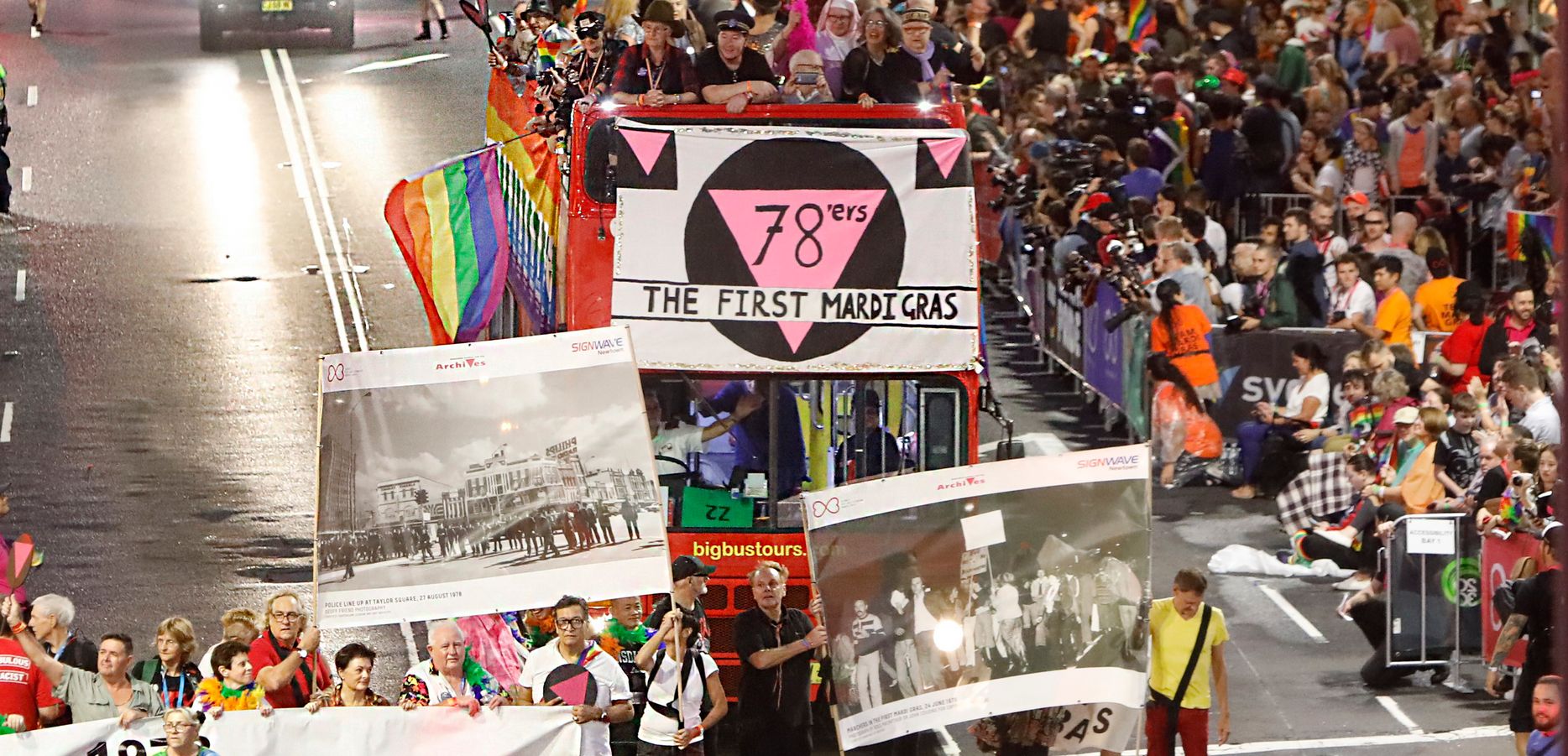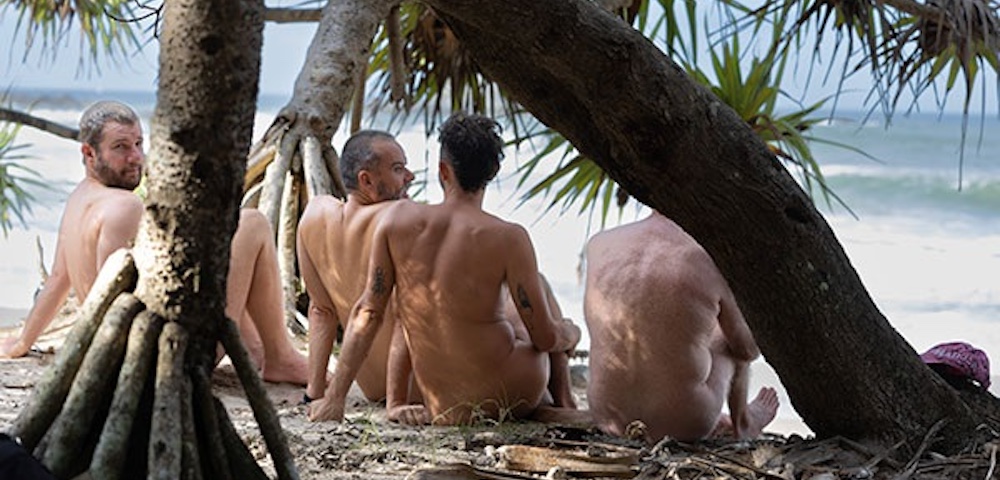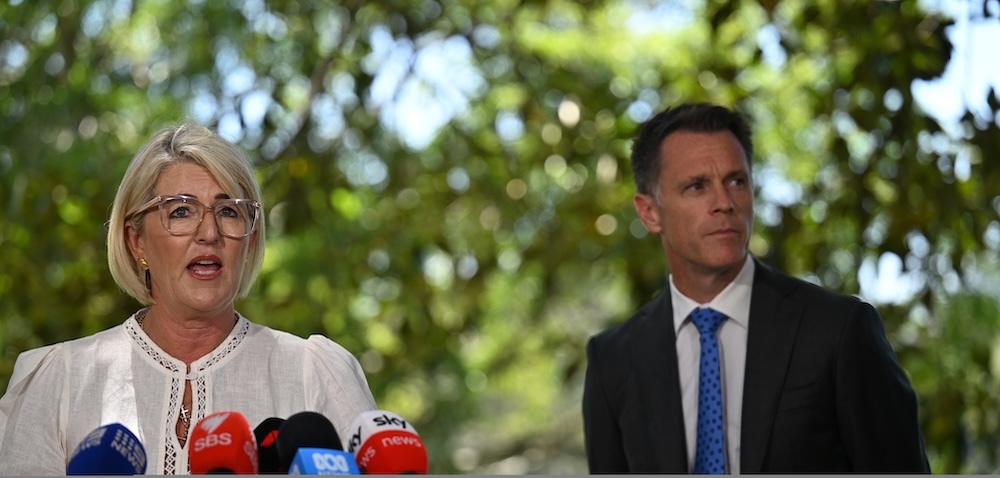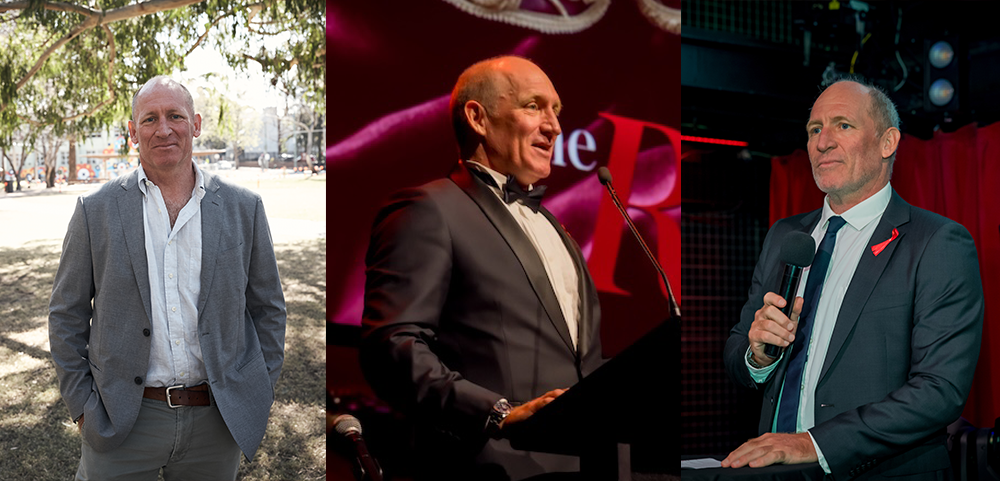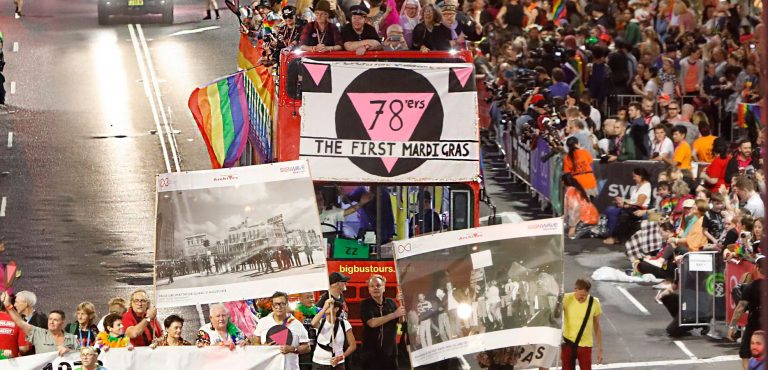
Activists target Red Cross
Gay student activists are taking on the US’s largest blood service over what they call a homophobic and outdated blood donation policy.
The activists are challenging the American Red Cross over its support for a national rule that blocks any man who has had gay sex since 1977 from giving blood.
The policy, overseen by regulatory body the Food and Drug Administration (FDA), is designed to keep US blood supplies free of HIV, The Los Angeles Times reported.
But gay advocates say the policy is out of step with modern testing methods that can effectively screen blood for HIV.
Much of the activism has occurred in the north-eastern US region of New England, where student government bodies have advised people to use non-Red Cross blood services, The Los Angeles Times reported.
Student newspaper editorials have attacked the FDA stance and called for a new Red Cross policy.
Derek Mitchell, who set up a Red Cross boycott at the University of Maine, said the FDA rules were tougher on gay men than other groups, The Los Angeles Times reported.
A woman who has sex with a bisexual man is banned for just a year, Mitchell said. A man who has sex with the same man is banned for life.
The Red Cross had enough influence to bring about changes in blood donation policy, Mitchell said.
The FDA reviewed its blood donor policy relating to gay men in 2000, when an expert committee decided by a vote of seven to six to uphold the lifetime ban.
At the time, the Red Cross spoke out in support of the prohibition.
In response to the recent student opposition, a Red Cross senior executive said it had no control over the ban on blood donations from gay men. But the executive admitted the rules were inconsistent.
Another major US blood service, America’s Blood Centers, has said it would like the FDA policy relaxed.
In Australia, the Red Cross does not accept blood from any man who has had gay sex in the preceding 12 months.
The rule has been in force nationally since late 2000 and also applies to women who have had sex with a bisexual man, according to Australian Red Cross blood service spokesperson Damon Cavalchini.
We don’t take the decision lightly to defer potential donors and it’s based on the need to comply with legislative obligations and to ensure the highest possible safety for blood and blood products, Cavalchini told Sydney Star Observer.
He said the 12-month ban was based on worldwide evidence of a higher risk of HIV transmission among gay men.
It’s not suggesting they do have HIV. It’s simply saying that because of the activity they’ve undertaken they are in a higher risk category.
The policy was reviewed regularly but there were no immediate plans to change it, Cavalchini said.
